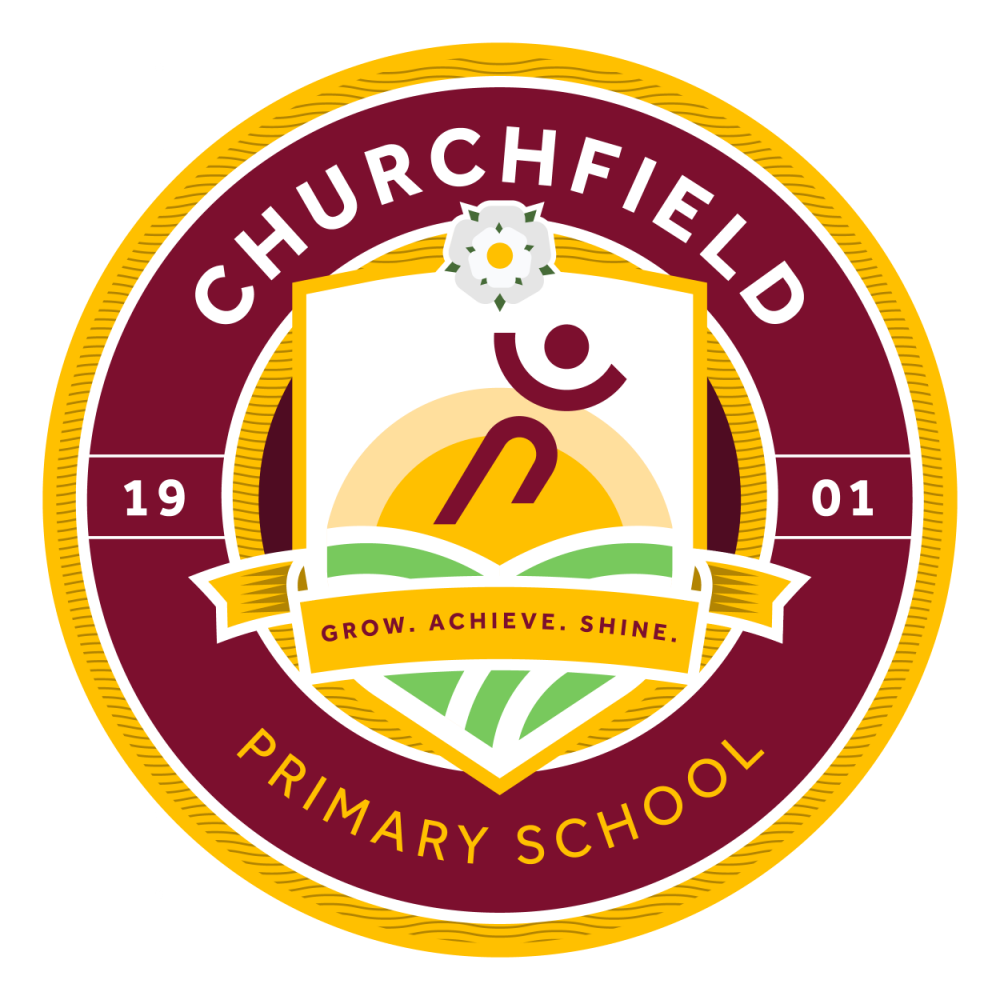Our pedagogy
We’re primary through and through. That’s why we ensure that our curriculum is based on a pedagogy that fully promotes the unique and wonderful nature of the primary child.
Our mission is to preserve and promote the unique and wonderful qualities of the primary child. We resist the movement to introduce secondary teaching techniques within primary education.
Our unique approach and four-stage pedagogy provide a teaching and learning structure across all our curriculum projects. Inspired by the values of the Reggio Emilia Approach ™ and influenced by developments in cognitive research, our four-stage pedagogy will help your school build industrious and inventive learners.
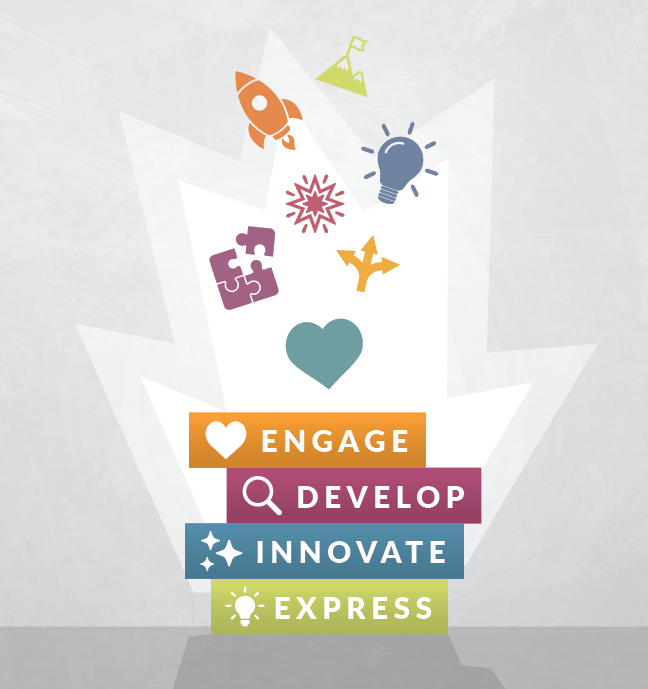
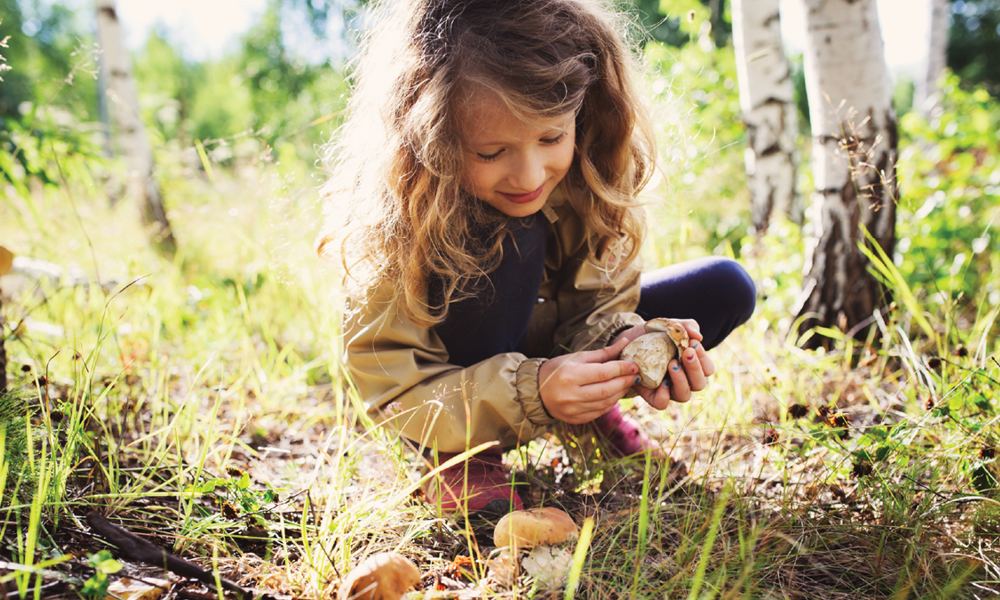
The Engage Stage
We begin each curriculum project with a bang! A memorable experience, enquiry question, reflecting upon previous knowledge or an open-ended mind mapping exercise. Whatever you choose, getting your children hooked from the start is a great way to get their attention, build their curiosity, and understand the context of their new curriculum project.
The Develop Stage
So, you have them hooked? It’s time to build on those early foundations to teach new skills and knowledge through meaningful activities. In the development stage, you can delve more deeply into your project’s core concepts, enabling children to investigate, explore, hypothesise, research and develop their understanding of their project. More sustained and challenging learning will see children rise to the challenge, developing their resilience and perseverance.
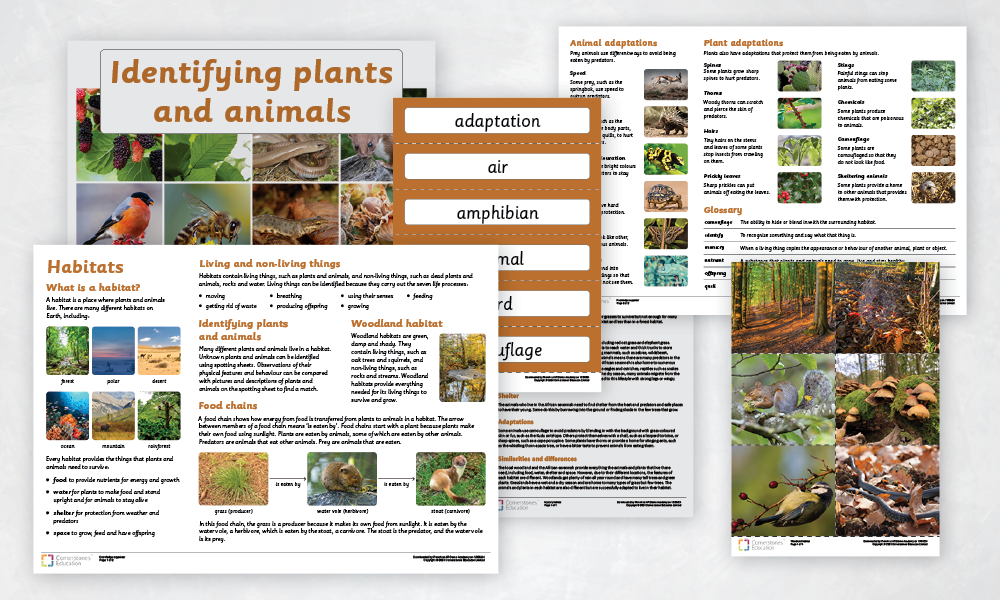
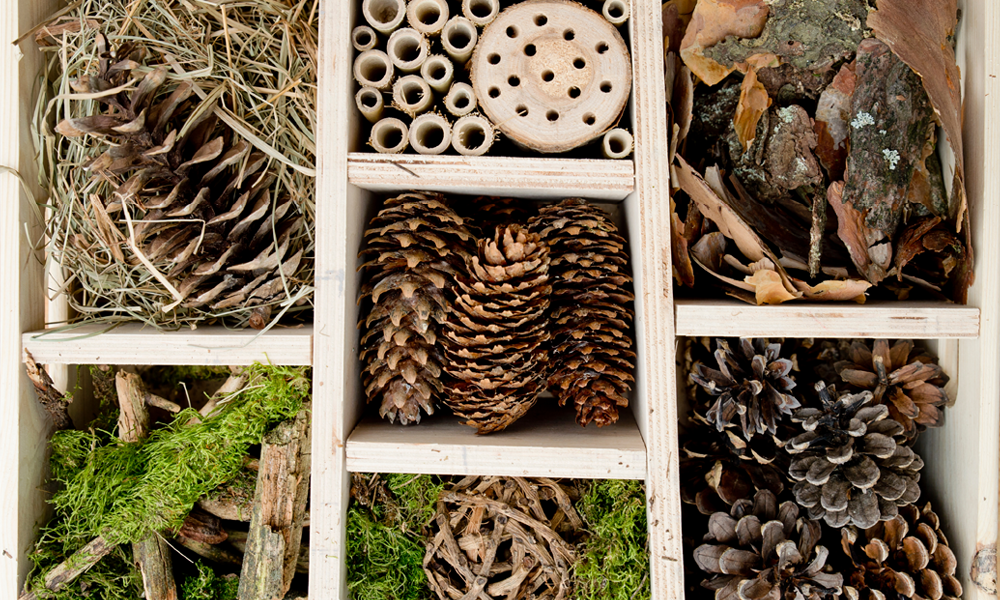
The Innovate Stage
Armed with new knowledge and skills, it’s time to present opportunities for children to use and apply them. Activities during this stage include problem-solving, creative activities, group debates, individual tests and group challenges. Be ready to embrace the unpredictable, adjust your plans to accommodate ideas that need revisiting, and find out how well children have progressed. Children develop teamwork and reasoning skills, recall and retrieval, resilience, adaptability, and a growth mindset during this stage.
The Express Stage
At the end of each project, it’s time to express and reflect. Children have opportunities to express their thoughts, ideas and reflections in various ways, including through formal and informal talk, presentations and low-stakes quizzes. This emphasis on multiple forms of communication allows children to demonstrate their learning, use their unique voices, and build confidence and self-esteem. They learn to articulate their thoughts, share their ideas, and engage in meaningful dialogue with peers, teachers, and the wider community.
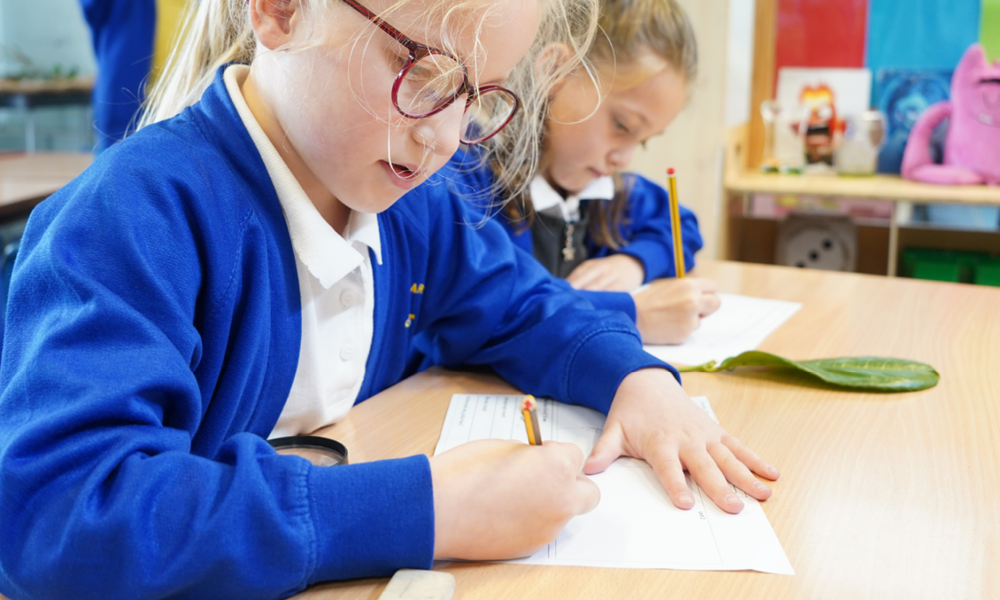

Discover More!
No two schools are the same. If you would like to find out how we could help your school, please book in a friendly consultation with one of our curriculum advisers today.
“I wouldn't work in a school that hasn't got it.”
Michelle Foster , Deputy Headteacher
Churchfield Primary School
